
In today’s competitive and data-driven economy, choosing the right data consulting company can make or break your digital transformation strategy. Whether you’re launching a data warehouse, integrating AI/ML solutions, or improving your analytics infrastructure, a capable data consulting partner can accelerate your success and reduce risk.
But with hundreds of service providers in the market, how do you make the right choice?
Here are the key factors every business should consider when selecting a data consulting company.
Not all data problems are created equal. Choosing a firm that understands the nuances of your industry ensures faster onboarding, better solutions, and fewer communication gaps.
What to look for:
Case studies in your sector
Familiarity with relevant regulations (e.g., HIPAA, GDPR, FINRA)
Knowledge of industry-specific KPIs and benchmarks
The right consulting firm should offer a robust understanding of modern data tools and platforms — and be comfortable working with your existing infrastructure.
Ask about:
Experience with platforms like AWS, Azure, Snowflake, Databricks, etc.
Tools for data integration, ETL, BI, machine learning, and automation
Open-source vs. proprietary tools (and how they affect costs)
Data projects are rarely one-dimensional. You need a partner that can support your journey — from strategy and architecture to implementation, testing, and optimization.
A strong partner should offer:
Data strategy and governance consulting
Data engineering and migration
BI dashboards, analytics, and AI model deployment
Ongoing support and optimization
Your data needs today may be small, but they’ll grow. Choose a firm that can scale with you and adapt to changing business needs.
Look for:
Flexible engagement models (project-based, retainer, or dedicated team)
Capacity to handle increasing data volume or complexity
Cross-functional expertise (cloud, DevOps, security)
Data security is non-negotiable, especially if you deal with customer data, financial information, or healthcare records.
Ask them:
How do you handle data encryption and storage?
Are you compliant with relevant data protection laws?
Do you conduct regular audits or vulnerability assessments?
Word of mouth and proven success are powerful validators. Don’t rely solely on the sales pitch — check real-world performance.
Evaluate:
Online reviews and ratings (Clutch, G2, etc.)
Client testimonials or video interviews
Measurable outcomes from past projects
Strong partnerships are built on good communication. Choose a company that’s transparent, proactive, and collaborative in their approach.
Gauge during meetings:
Do they listen to your needs or push cookie-cutter solutions?
Are they responsive and accountable?
Do they provide clear timelines and deliverables?
Data consulting isn’t cheap, but it should deliver measurable returns. Look for a partner who offers transparency in pricing and a clear value proposition.
Be sure to understand:
Total cost of ownership (TCO)
Any hidden costs for tools, licenses, or maintenance
ROI expectations and reporting
Choosing the right data consulting company is not just a procurement decision — it’s a strategic one. The ideal partner should bring a mix of industry knowledge, technical expertise, business alignment, and trust.
Take the time to evaluate your options carefully. Ask the right questions. Check references. And always choose a partner who is as invested in your success as you are.
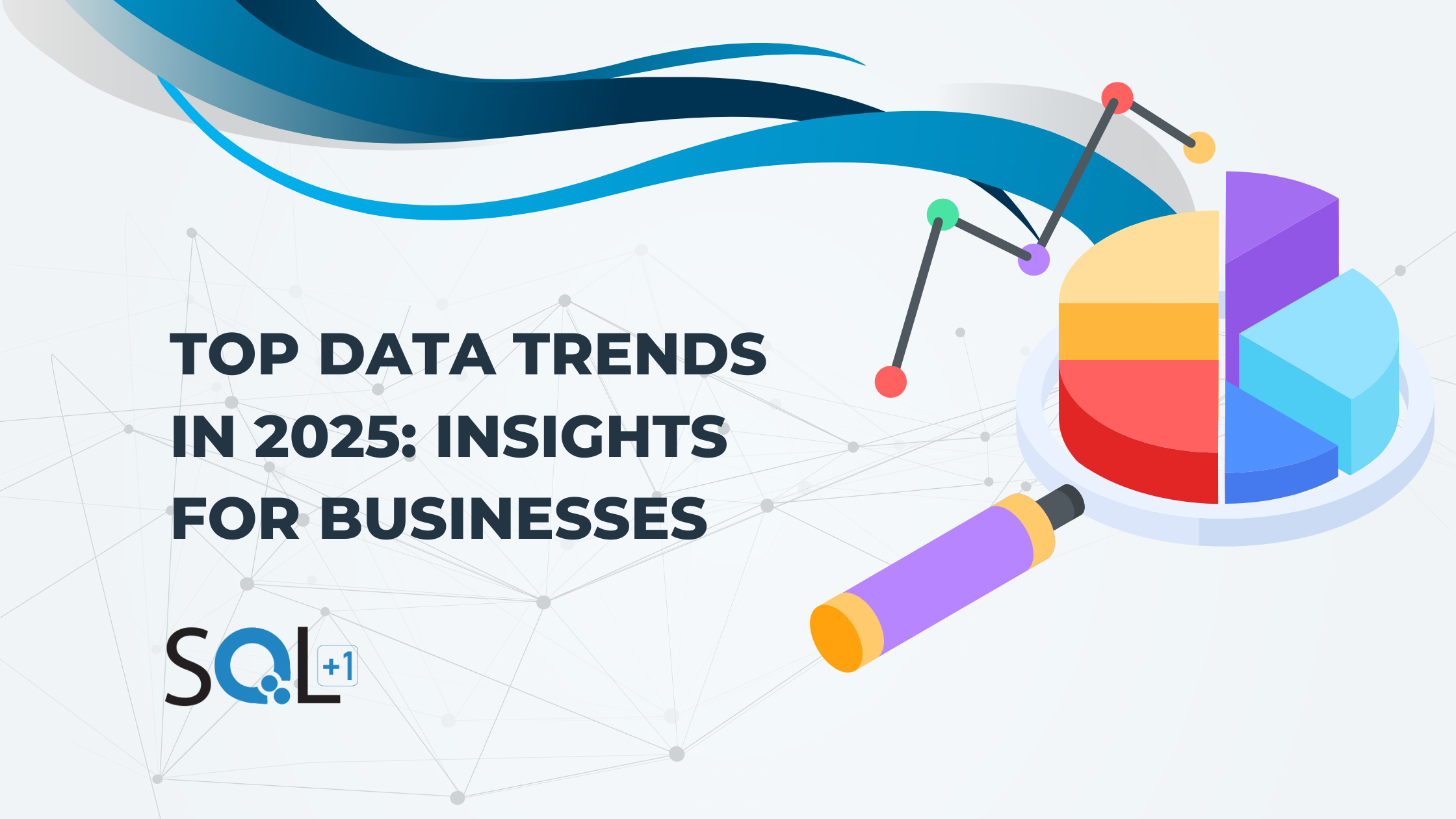
May 9, 2025- By: Sqlplusone
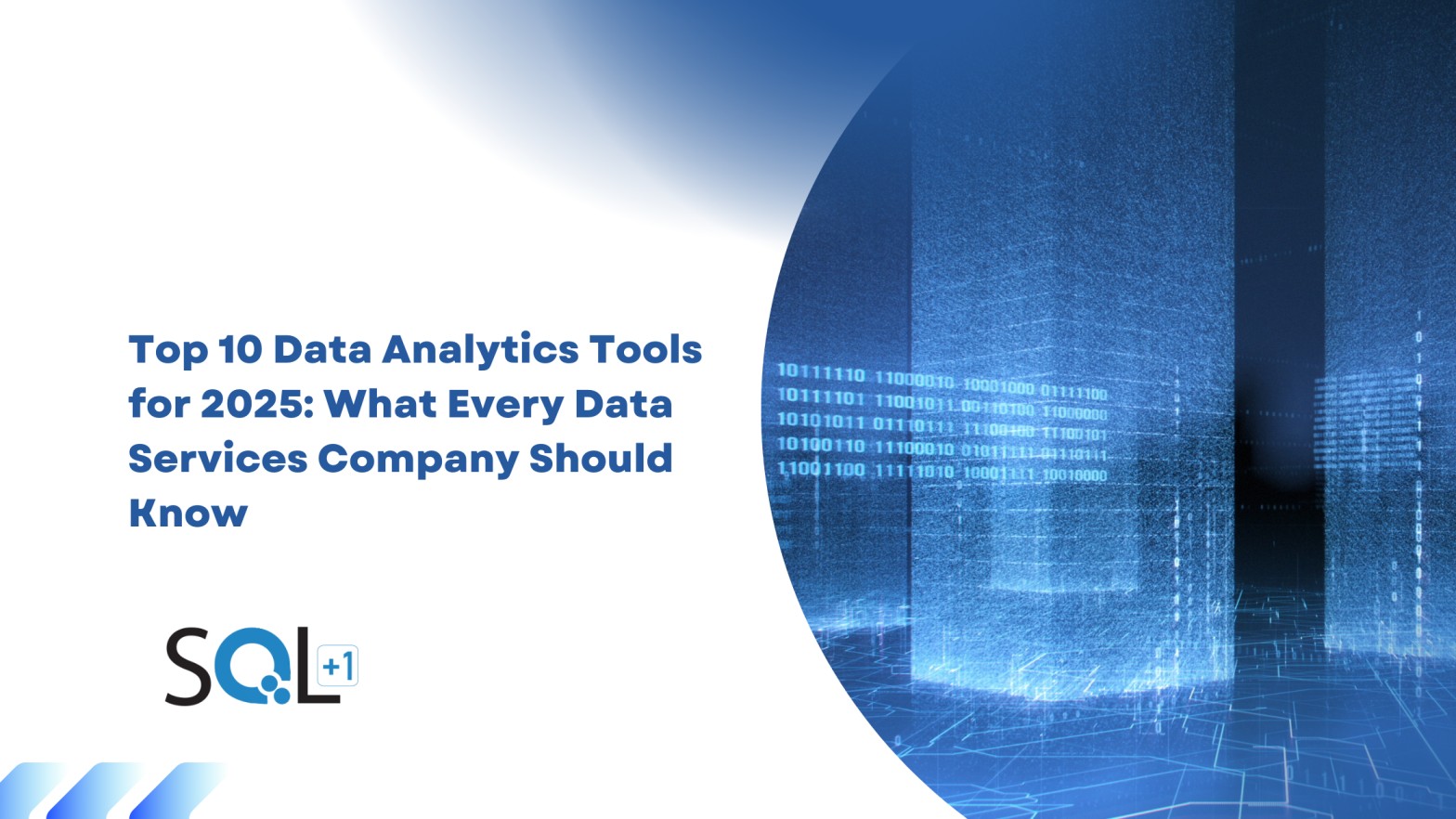
May 24, 2025- By: Sqlplusone

Apr 9, 2025- By: Sqlplusone

May 4, 2025- By: Sqlplusone

May 30, 2025- By: Sqlplusone
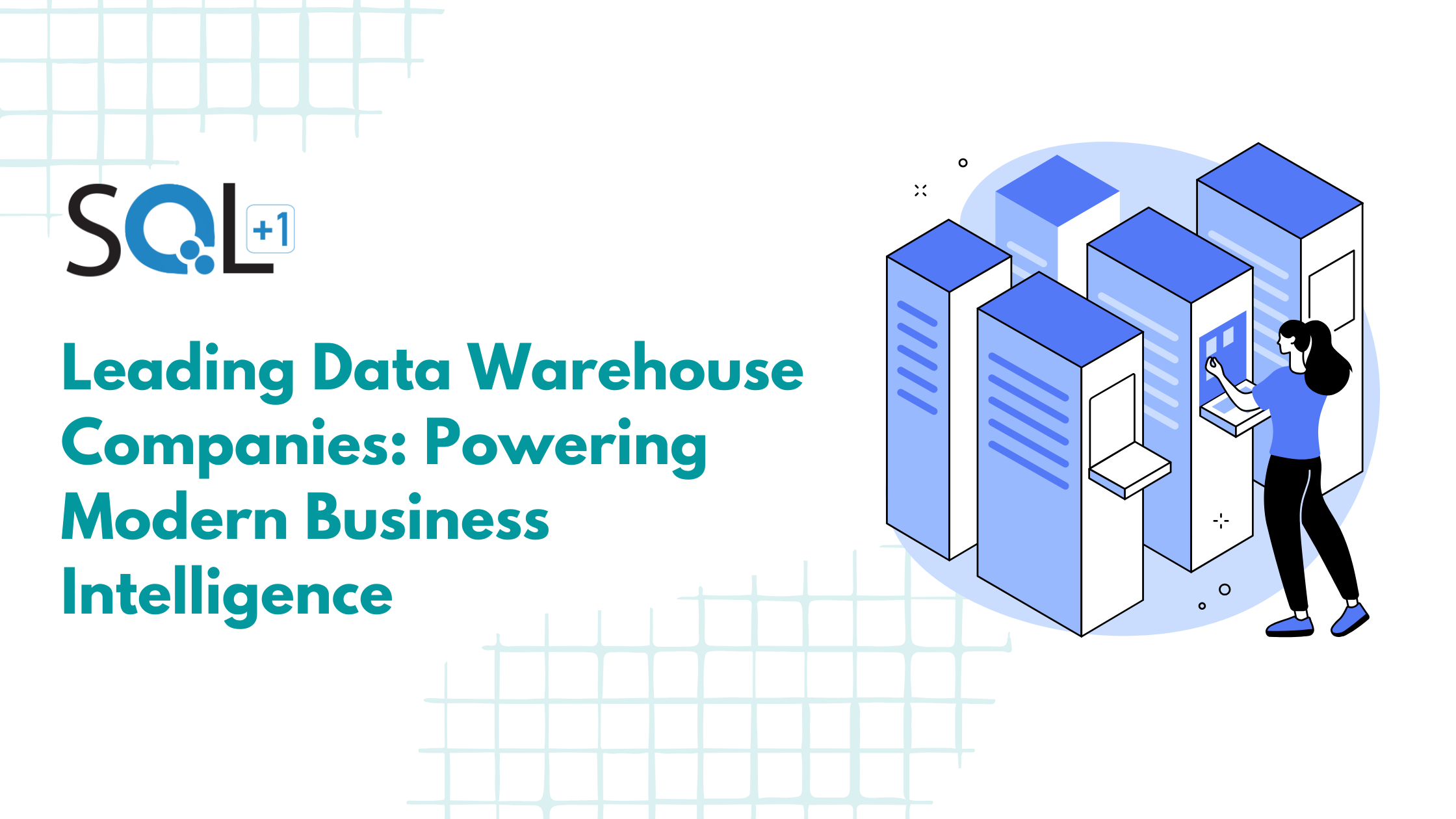
Jun 25, 2025- By: Sqlplusone
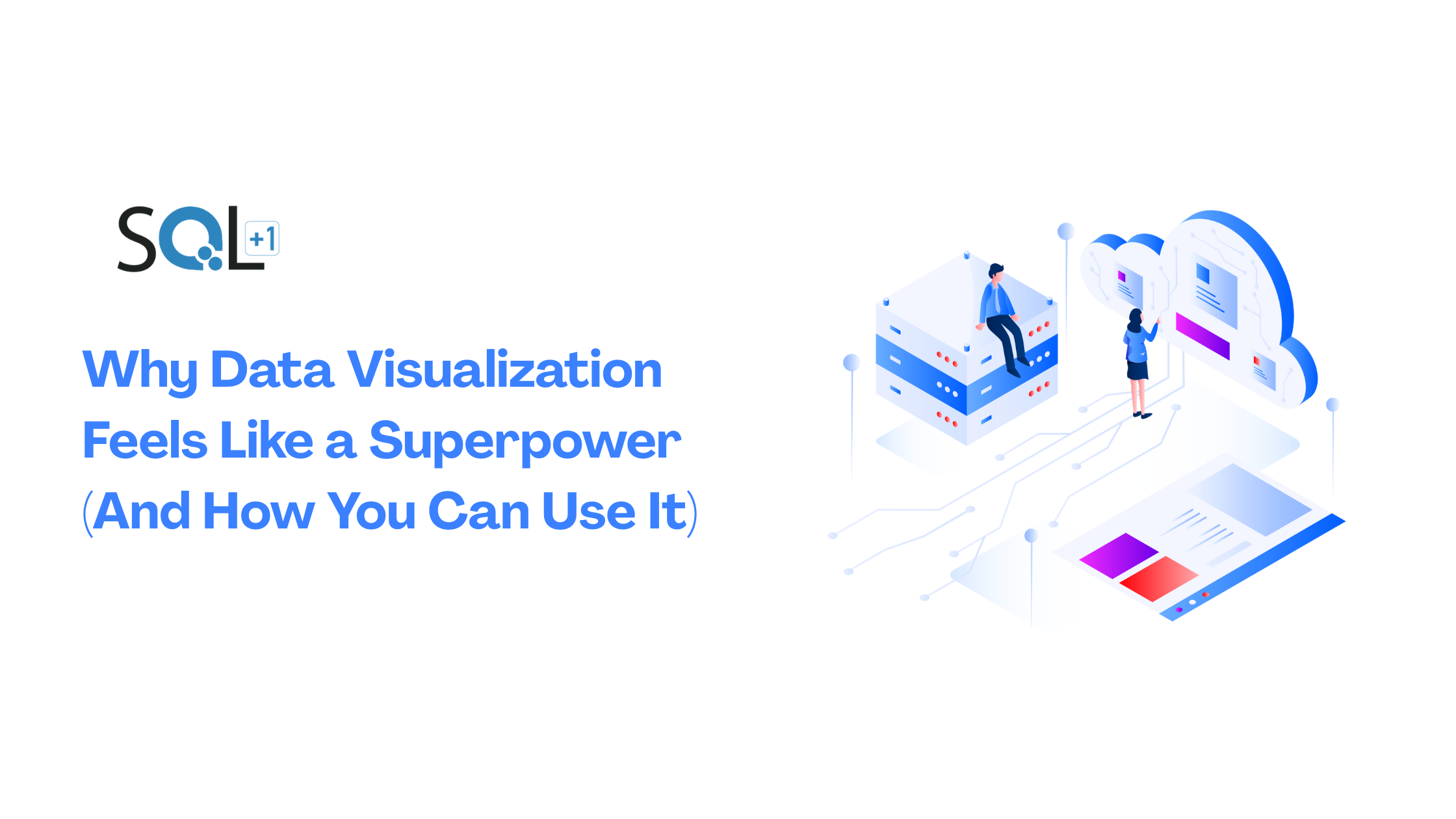
Jun 13, 2025- By: Sqlplusone
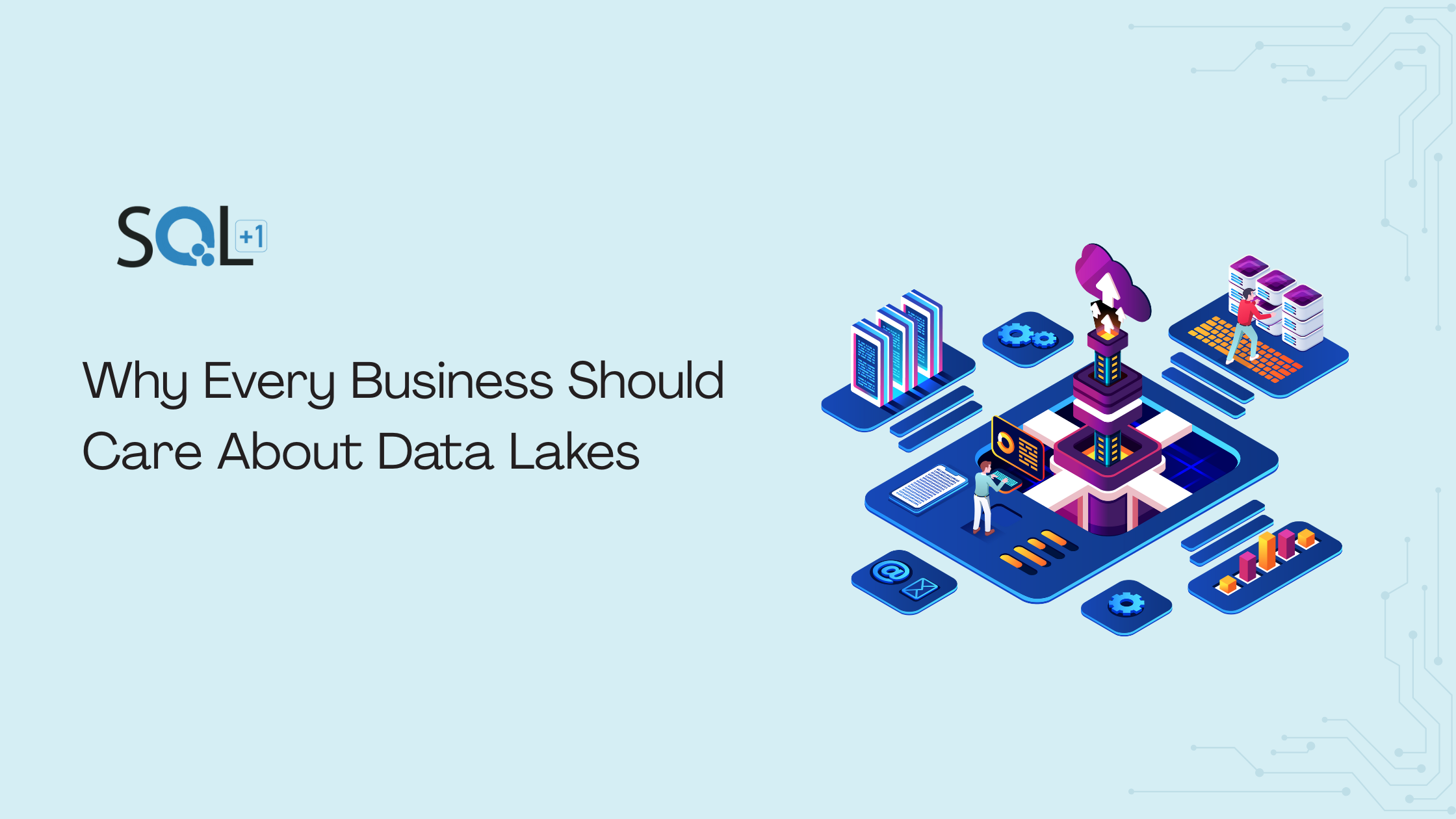
Jun 8, 2025- By: Sqlplusone
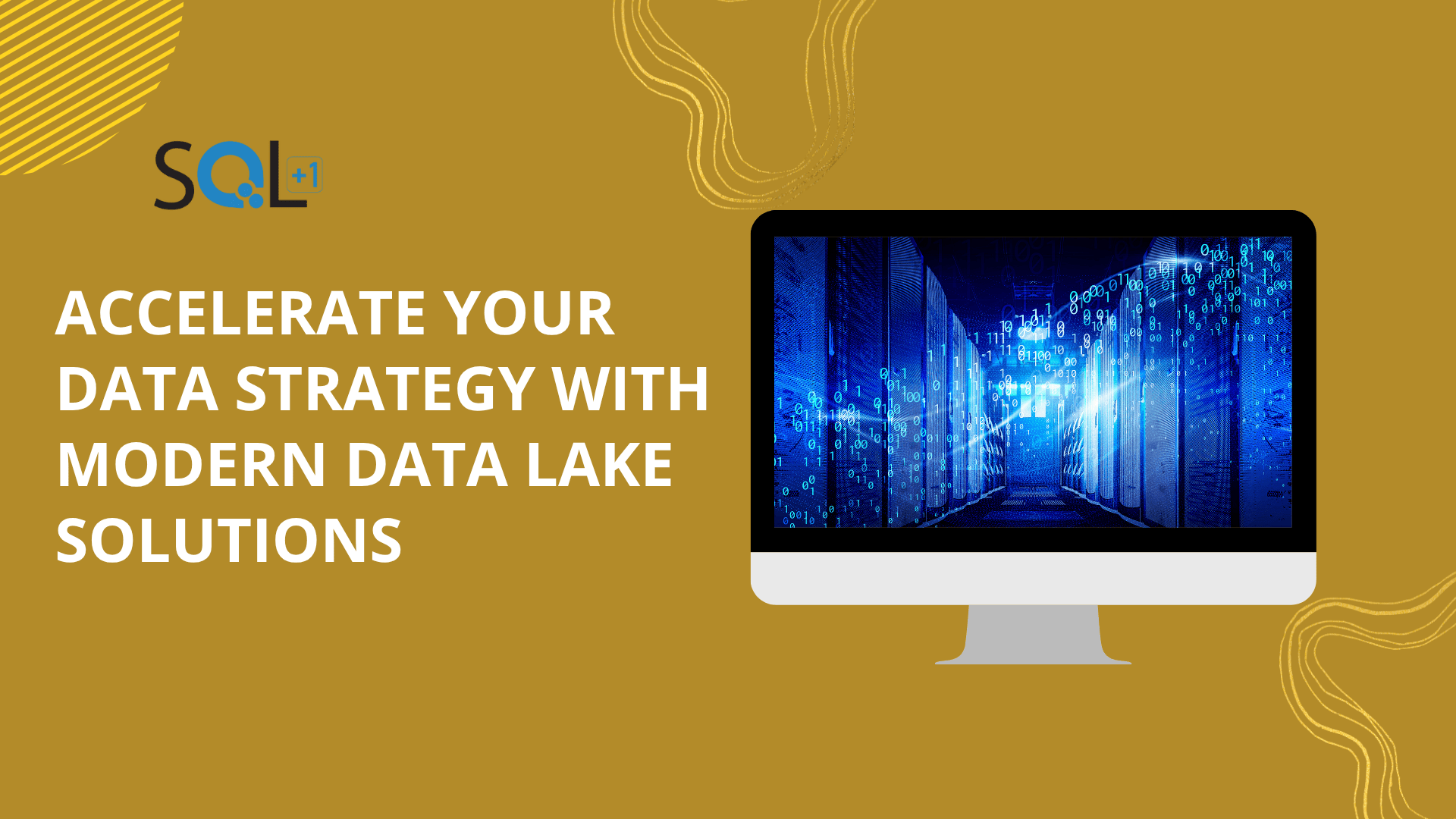
Jun 6, 2025- By: Sqlplusone
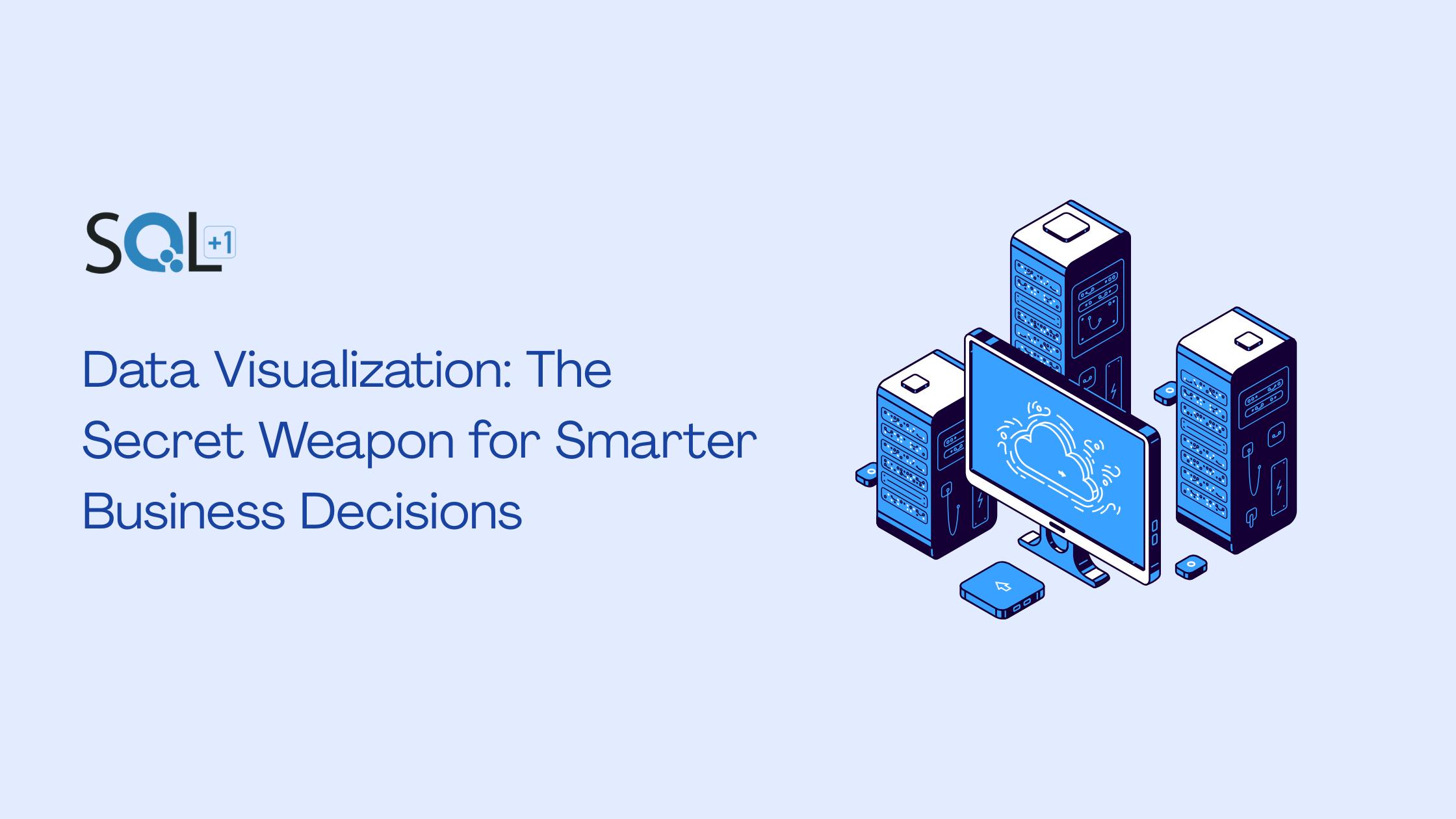
Jun 4, 2025- By: Sqlplusone